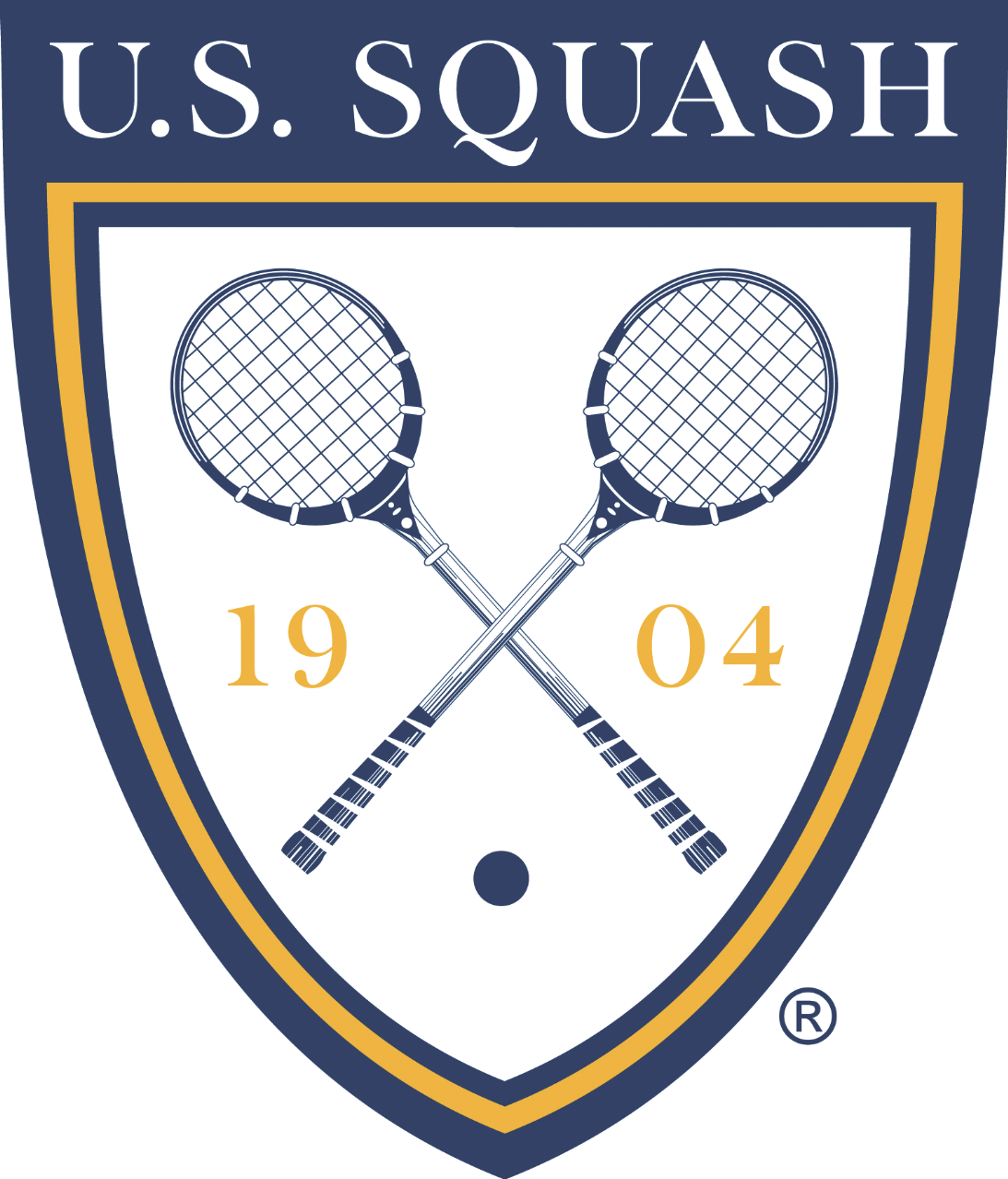By Jeannie Blasberg
U.S. SQUASH’s mission goes beyond promoting the game, hosting events and sponsoring national teams. Their stated goal is to enhance people’s health and well-being, to enrich the squash experience for members of all ages, and to build awareness of the sport, valuing excellence, professionalism, and fiscal responsibility. This Mission resonates with me as I have long sensed that squash can make people’s lives better. A recent trip confirmed that belief.
You may jump to the conclusion that I am referring to a Junior or Urban Squash event, any one of which are wonderful affirmations that squash is indeed, enriching lives. What I am talking about is the Miller-Zell U.S. Squash Championships hosted in Atlanta, GA, by the Southeastern Squash Association. All of the Atlanta participants will, I’m sure, rave about the setting created by the tournament committee and sponsors. The Midtown Athletic Club was draped with brilliant banners, its exterior wrapped in larger than life signs. Lights, flat screens, and exhibition booths rounded out the over-the-top squash experience. As if the competition venue was not enough, we had the magnificent Georgia Aquarium to ourselves for a Friday night reception followed by an elegant black tie dinner/dance at the historic Piedmont Driving Club on Saturday night. Despite the rain and tornados, Atlanta truly shined.
What was most inspiring for me was the collective spirit of the players. The “Age-groups” annually attracts a brand of player that embodies the healthfulness that U.S. SQUASH aspires to spread on a larger scale. Alongside contenders for the Men’s and Women’s National titles, age group competitors play in categories starting at 35+ and increasing in five year increments as high up as the number of entrants necessitates (this year it was 80+ for the men and 50+ for the women.) The Atlanta venue was filled with many “greats” of our game, such as Jay Nelson, who was competing in his 63rd Nationals.
In his book, Mastery: the Keys to Success and Long Term Fulfillment, George Leonard describes masters as people who, day in and day out, love to practice, as opposed to people who perfect skills with an end in mind. He writes, “To practice regularly, even when you seem to be getting nowhere, might at first seem onerous. But the day eventually comes when practicing becomes a treasured part of your life. You settle into it as if into your favorite easy chair, unaware of time and the turbulence of the world. It will still be there for you tomorrow. It will never go away.”
I am not saying that competitiveness, like at any squash tournament, was not thick in the air. But there was also the sense that squash was a collective “favorite easy chair.” Personally, squash has changed my life, so being thrown in with that many like-minded people (even when my matches were not going so well) created the feeling that I had “found the mother ship.” These are people for whom squash is a treasure. The ability to continue playing is more important, in many cases, than winning. Even my new friend, Stanley Greenfield, playing in the 80+ division, has a “God-willing, there’s always next year” mentality. Jay Prince tried to take the sting away from my losses one morning at breakfast by commiserating, “Just think of it this way, the 40’s are just training for the 60’s!” For a moment I felt optimistic that, regardless of my squash talent, maybe I can just outlast everyone else.
A highlight of the weekend was presenting Atlanta’s own Brian Dyson one of U.S. SQUASH’s most prestigious honors, the John D. Moore Award for sportsmanship, competitiveness, and a lifetime of contributions to the game. Brian personifies the youthful spirit of squash to his core. His love of the game and financial support both personally and corporately while he was Chairman of Coca-Cola really anchored the game in Atlanta, making it the squash hub of the southeast. His presence, serving as honorary tournament chair, was felt and appreciated throughout the weekend. Watching him on the dance floor Saturday night, I mused that it was probably squash that kept him so young. Unfortunately he wasn’t playing, claiming that “whatever body-parts didn’t hurt no longer worked.” Still, Brian shared a place on that “favorite easy chair,” joining everyone that gathered in Atlanta to celebrate longevity, and a better, masterful life.



